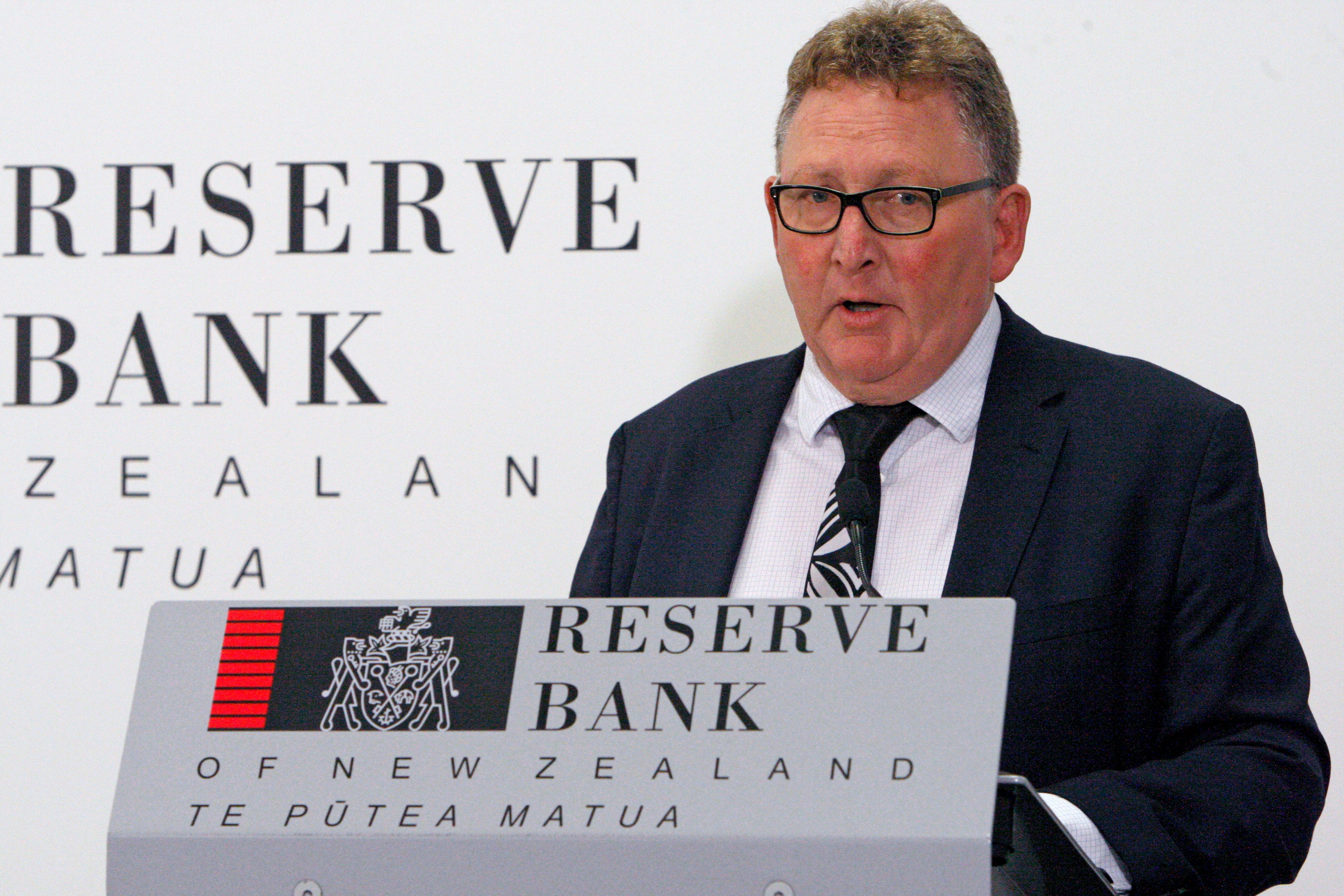New Zealand's central bank raises key interest rate to 5.5% but signals next move will be a cut
New Zealand’s central bank has raised its benchmark interest rate to 5.5% but signaled its next move would be a cut, sparking a sell-off in the currency

Your support helps us to tell the story
From reproductive rights to climate change to Big Tech, The Independent is on the ground when the story is developing. Whether it's investigating the financials of Elon Musk's pro-Trump PAC or producing our latest documentary, 'The A Word', which shines a light on the American women fighting for reproductive rights, we know how important it is to parse out the facts from the messaging.
At such a critical moment in US history, we need reporters on the ground. Your donation allows us to keep sending journalists to speak to both sides of the story.
The Independent is trusted by Americans across the entire political spectrum. And unlike many other quality news outlets, we choose not to lock Americans out of our reporting and analysis with paywalls. We believe quality journalism should be available to everyone, paid for by those who can afford it.
Your support makes all the difference.New Zealand's central bank raised its benchmark interest rate again Wednesday to 5.5% but signaled its next move would be a cut, sparking a sell-off in the currency.
Wednesday's quarter-point rate rise was the 12th straight hike imposed by the Reserve Bank of New Zealand since October 2021. But for the first time since the tightening cycle began, the bank projected the next move would be a cut, which would likely come later next year.
The projection was more dovish than markets had expected and caused the New Zealand dollar to drop by more than 1% to trade at a little below U.S. 62 cents.
Like many central banks around the world, the Reserve Bank of New Zealand has been raising rates to try and tame inflation, which in New Zealand has fallen from a recent peak of 7.3% last June to 6.7%.
That remains well above the bank's target inflation rate of around 2%.
New Zealand's unemployment rate remains low at 3.4%, putting upward pressure on wages and inflation.
The bank's monetary policy committee said global economic growth remains weak and inflation pressures were easing.
“Consumer spending growth has eased and residential construction activity has declined, while house prices have returned to more sustainable levels,” the committee said in a statement. “More generally, businesses are reporting slower demand for their goods and services, and weak investment intentions.”
The committee said an immigration surge since COVID-19 restrictions were lifted was expected to ease. The bank said the surge had helped relieve the labor shortage but its net effect on spending remained unclear.
A summary of the committee's meeting showed that some members favored keeping the benchmark rate at 5.25%. The decision to hike was made by a 5-2 vote, a departure from the typical consensus decisions.
The key rate remains at its highest level since the global financial crisis in 2008.